In his preface to this book, Gavin Francis writes that his interest in bridges began in childhood, from the Forth Rail Bridge just a few miles from his house, to a Ladybird book about bridges (which I’m pretty sure I must have read as a child too), to the tale of the Billy Goats Gruff. That is to say, it’s not just the spectacle or the technical aspects of bridges which captured Francis’ interest, but also how bridges can be used imaginatively – what they may represent.
All these aspects come together in The Bridge Between Worlds, which is not a history of bridges as such, but a tour of bridges that Francis has visited or lived near, bringing in elements of memoir, history, geography, technology, culture and metaphor. The way I phrase that, it sounds a lot, and I honestly wasn’t sure at first whether it would all fit together – but it does.
The first chapter, about the Union Chain Bridge across the River Tweed at the Scotland-England border, is typical of Francis’ approach. He sets the scene with a link to his own life (in this case, crossing the bridge on childhood holidays), then goes into the history of the bridge and its construction, a wider look at the border and the changing position (so to speak) of Berwick, and a mention of bridges as a metaphor in Paradise Lost, before touching on the politics of that point in his life (shortly before he was born in 1975, Britain had voted to stay in the European Community).
Francis ends the chapter reflecting that the announcement of a new bridge may bring hope:
Perhaps during periods of retrenchment behind borders, when literal and metaphorical drawbridges are everywhere being pulled up, people are comforted to think that the closure of bridges won’t prove permanent. We want to hear that new connections will one day be laid across the boundaries we draw around ourselves.
In mixing the different topics together as he does, Francis makes his book feel both wide-ranging and intensely personal, which is fascinating to read. Francis’ other destinations in the book include London as a 17-year-old, where he has a sense of life’s possibilities opening up at a student science forum; Türkiye, and the world’s oldest bridge still in use; and Scandinavia, whose bridges suggest to him a picture of international cooperation, post-Brexit. It’s a world tour of bridges, their roles and meanings – one that I found rewarding.
The Bridge Between Worlds is published by Canongate.

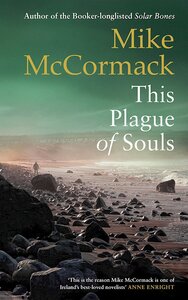
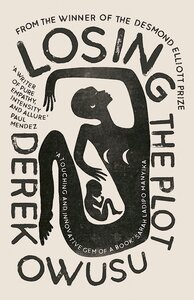
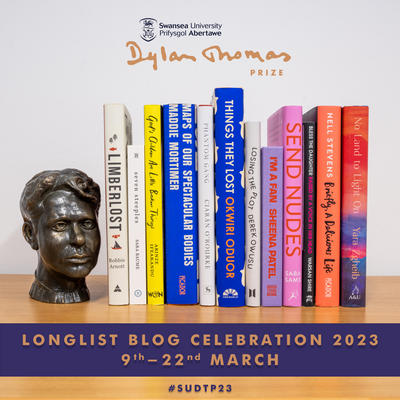
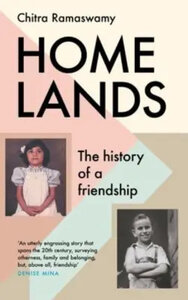

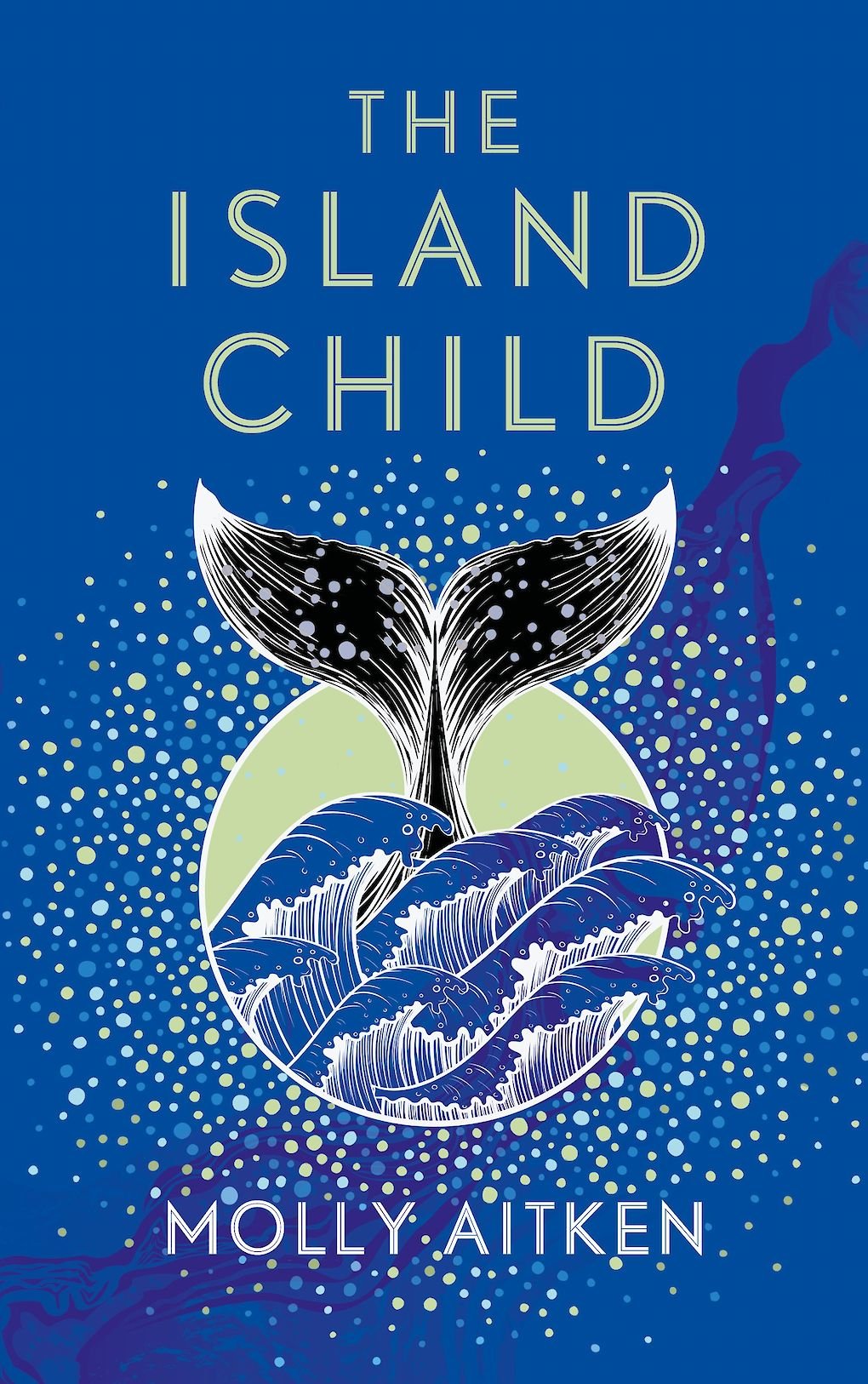
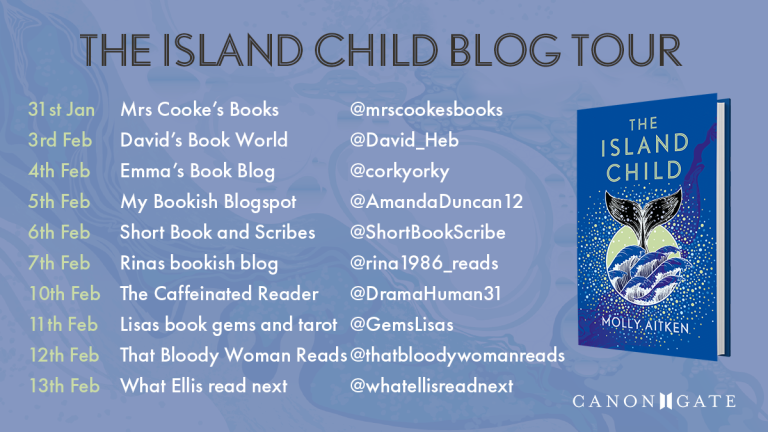
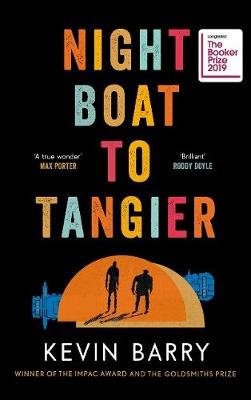
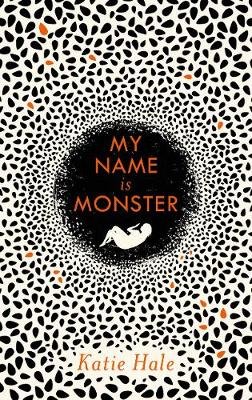
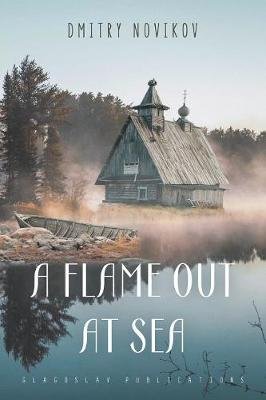
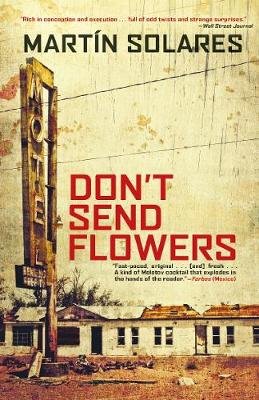
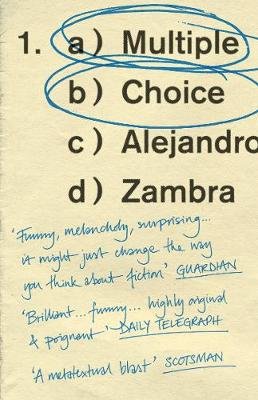
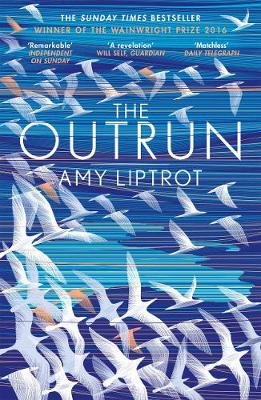
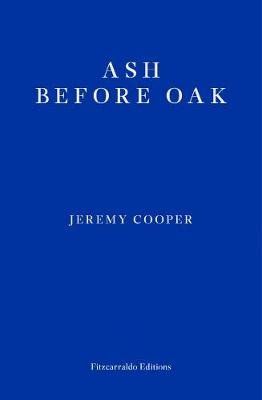
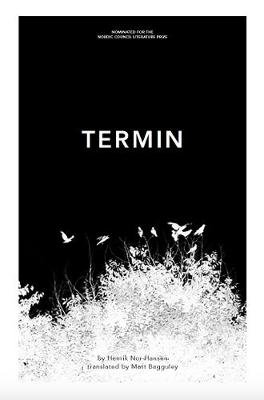
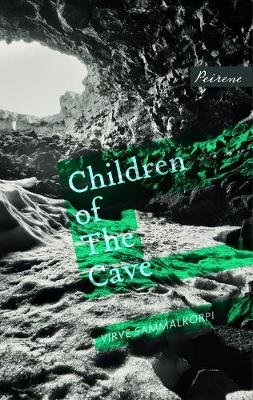
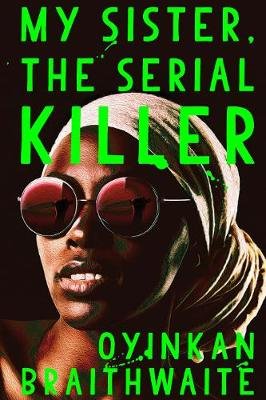
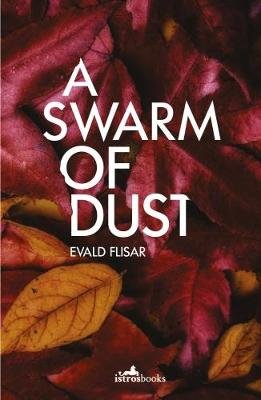
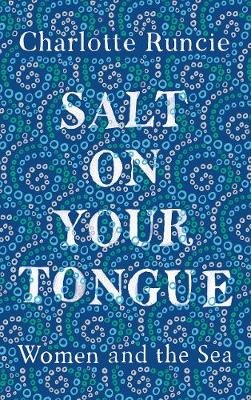
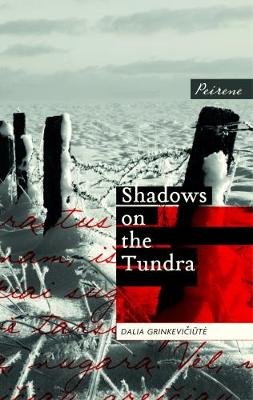
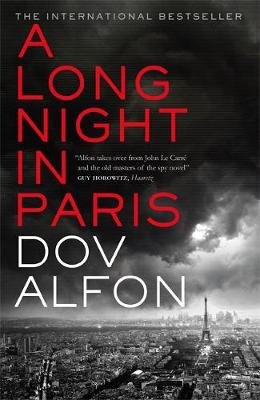
Recent Comments